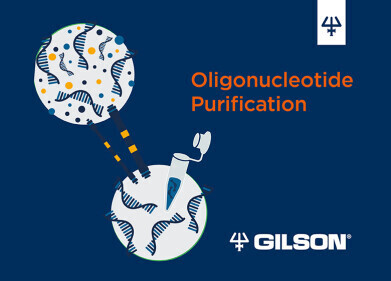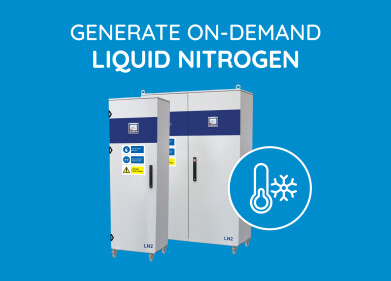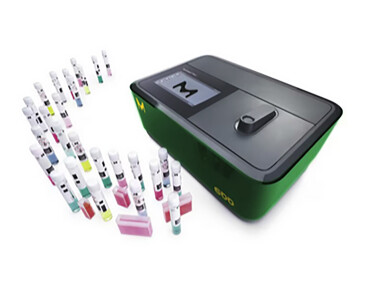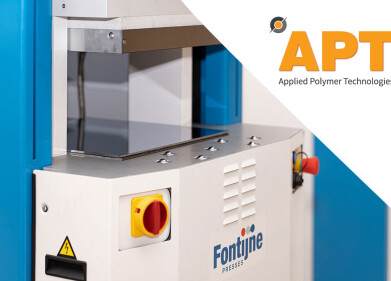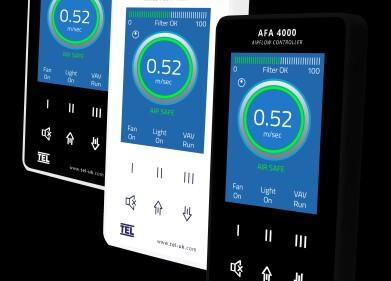Laboratory products
Optimise Your Oligo Workflow with the VERITY® Oligonucleotide Purification System
May 08 2024
Solid-phase synthesis typically yields oligos with relatively good purity, which usually require further purification to avoid unintended side-reactions and interferences in downstream applications. Preparative high pressure liquid chromatography (HPLC) is often the preferred method for small to medium length oligos (10-60 bp). Choosing the optimal LC purification platform that both increases the productivity and maximises the profitability of your oligo research can be challenging.
The Gilson VERITY® Oligonucleotide Purification System is a flexible all-in-one system that provides the optimal solution for your oligo purification workflow. The platform can be configured to meet the specific requirements and budget of your laboratory, offering capabilities from secure and robust purification to the continuous production of oligonucleotides. The modular system is also scalable to meet any future requirements, supporting you to increase the productivity and profitability of your oligo workflow today and in the long term.
7 key factors to consider when looking for the optimum LC purification platform:
1. Oligonucleotide Length and Downstream Application
Consider that different HPLC techniques are required depending on the type of oligos:
- AEX-HPLC - suitable for purification of unmodified oligos.
- IP-RP HPLC - suitable for modified and unmodified oligos (with Trityl on) < 40 bp in length.
2. Sample Volume / Mass
Consider the volume and mass of the oligos to be injected, as they determine the choice of diameter of the HPLC column(s) and consequently the flow rate of the HPLC binary pumping system to be used.
3. Reliability of results
Reproducibility and accuracy of results have a direct impact on the yield and purity of the final products, so consider whether the prep HPLC includes:
- A gradient pump capable of accurately and consistently producing a gradient within the working range of flow rates and mobile phase composition.
- A detection system able to perform multi-wavelength acquisition and compatible with the range of concentrations.
- Different collection modes that maximize fraction purity, including use of conditional collection operators.
4. Throughput / Automation
Automation can overcome any bottleneck in oligo synthesis by making purification more efficient and less prone to errors, enabling the processing of large numbers of samples. Combining multiple injection modules with purification column selectors covers a wider range of crude oligo volume injections for scale up. Adding a desalting column to remove the ion-pairing agent (e.g., TEAA) directly from the purified fractions increases efficiency.
5. Flexibility / Upgradability
Workflow requirements can change over time, so consider a flexible and/or upgradeable system that can be adapted to changing needs.
6. Software Features
Software is an important factor in the suitability of an LC platform, so make sure it is:
- Intuitive and easy to use.
- Able to safely control your system with smart alarm management.
- Can ensure the traceability of experiments.
7. Support Services
Pay attention to what customer service the provider offers before, during and after the purchase and which support suits you and your budget.
Need support for your Oligo Purification? Contact Gilson here.
Digital Edition
Lab Asia 31.6 Dec 2024
December 2024
Chromatography Articles - Sustainable chromatography: Embracing software for greener methods Mass Spectrometry & Spectroscopy Articles - Solving industry challenges for phosphorus containi...
View all digital editions
Events
Jan 22 2025 Tokyo, Japan
Jan 22 2025 Birmingham, UK
Jan 25 2025 San Diego, CA, USA
Jan 27 2025 Dubai, UAE
Jan 29 2025 Tokyo, Japan
